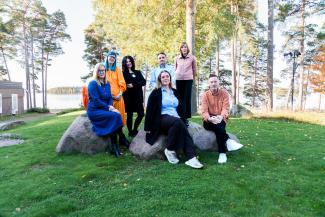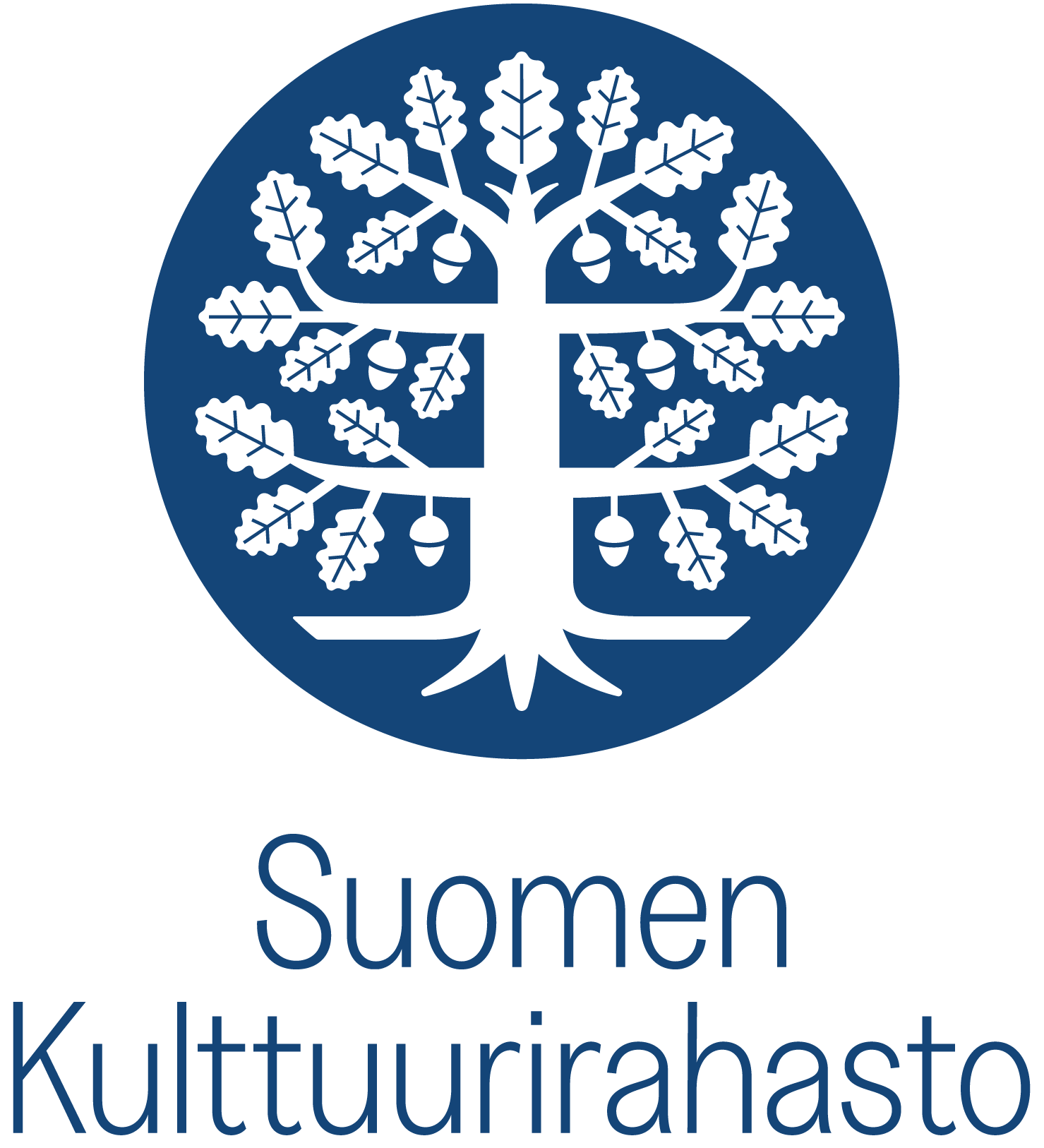
The Automated Administration: Governance of Automated Decision-Making in the Public Sector
In Nordic public administration, artificial intelligence (AI) and automated decision-making (ADM) have been introduced in order to utilise the opportunities offered by digitalisation and to carry out the welfare mission more efficiently. Rule-based automation has been used with good results in certain government areas, and it has been estimated that the public administration in Sweden could save up to SEK 140 billion per year by using more complex artificial intelligence. In Finland, the AI strategy underlines that the public sector must renew itself to be able to handle the pressure of an ageing population.
However, there are concerns about increased use of automated decision-making and unresolved issues around governance. Automated decision-making risks challenging the fundamental rights and values within the Nordic tradition of good public governance, such as transparency, due process, contestability of decisions and non-discrimination. Earlier research has shown that in the worst case AI can contribute to increased inequality, lack of transparency and the risk of incorrect decisions with unfortunate consequences.
This research project examines how automated public decision-making can be implemented without compromising good public administration, the fundamental rights of citizens, and trust in public institutions.
The project is divided into three parts. The first part looks at how supranational normative and principled frameworks affect the control of applied artificial intelligence in the Nordic countries. The second part analyses the practical implementation of automated decision-making in Sweden and Finland, from both the perspective of the government and of citizens. The third part studies the central challenges to regulation and supervision when automated decision-making is introduced in the public sector in Sweden and Finland.
The scientific disciplines and perspectives in the project are socio-legal research, political science, media and communication studies, science and technology studies (STS), and legal dogmatics. The project is hosted by Lund University and the project group also comprises researchers from the University of Helsinki, Södertörn University and Uppsala University. The project collaborates with the Research Institute for Sustainable AI (RISAI). The project has been granted 950,000 euros.
Follow the project
Project group

Senior lecturer, Associate Professor, LLM Stefan Larsson (project leader), Lund University
Postdoctoral researcher, Dr Soc Sci, LLM Jockum Hildén, Lund University
Assistant Professor, LLD Katja de Vries, Uppsala University
Professor, PhD Anne Kaun, Södertörn University
Assistant professor, LLD Riikka Koulu, University of Helsinki
Associate professor, LLD Ida Koivisto, University of Helsinki
Senior lecturer, LLD Jonas Ledendal, Lund University
Doctoral researcher Ellinor Blom Lussi, Lund University
Docent Suvi Sankari, University of Helsinki
Layout designer Joakim Olsson, Research Institute for Sustainable AI (RISAI)







